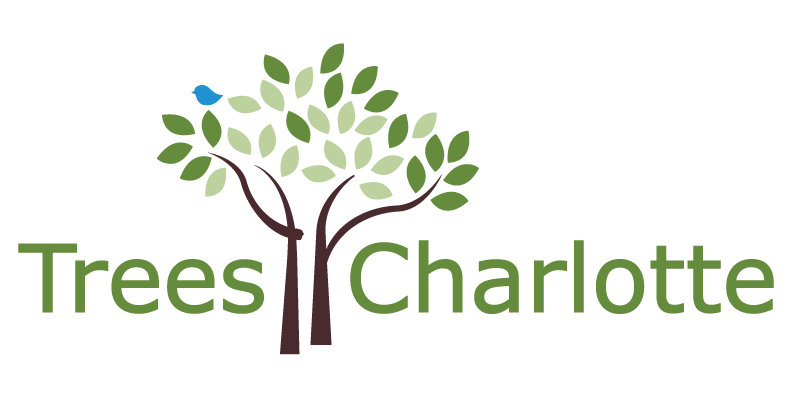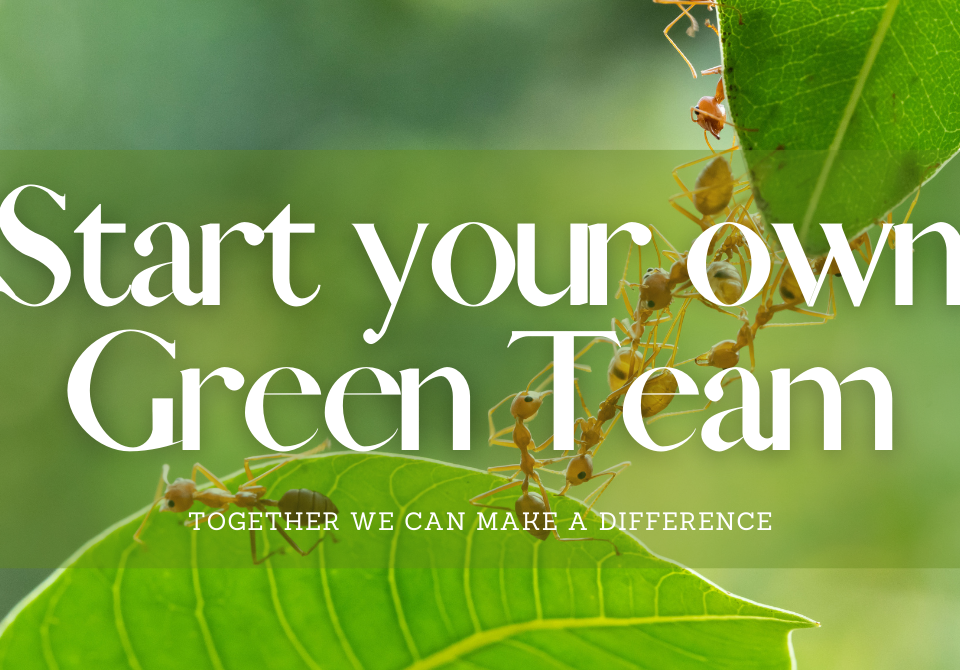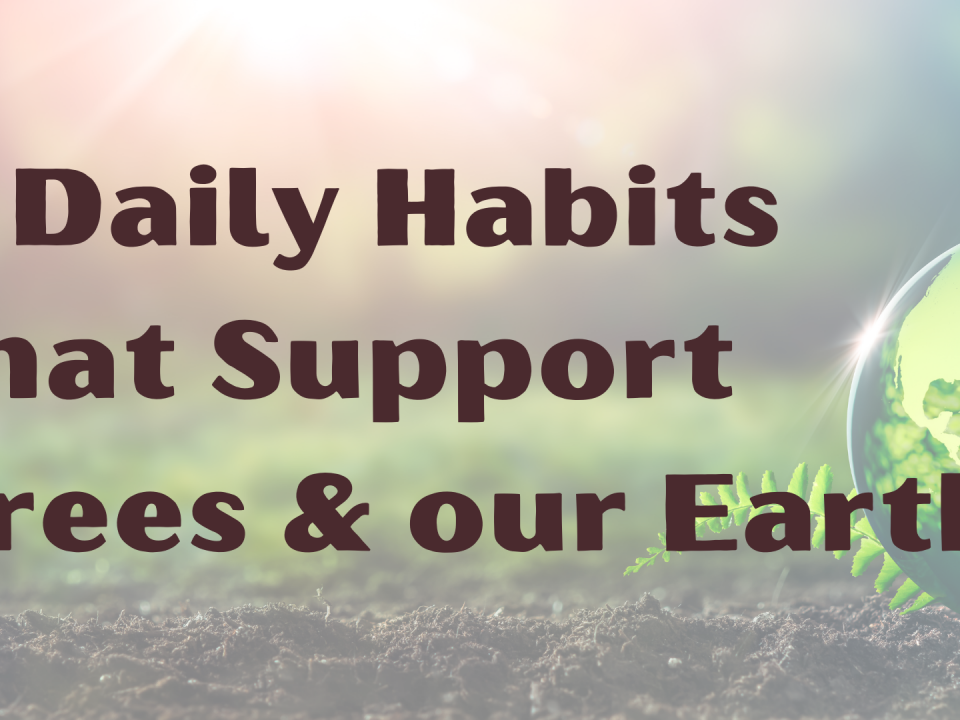Women from History who Speak for the Trees
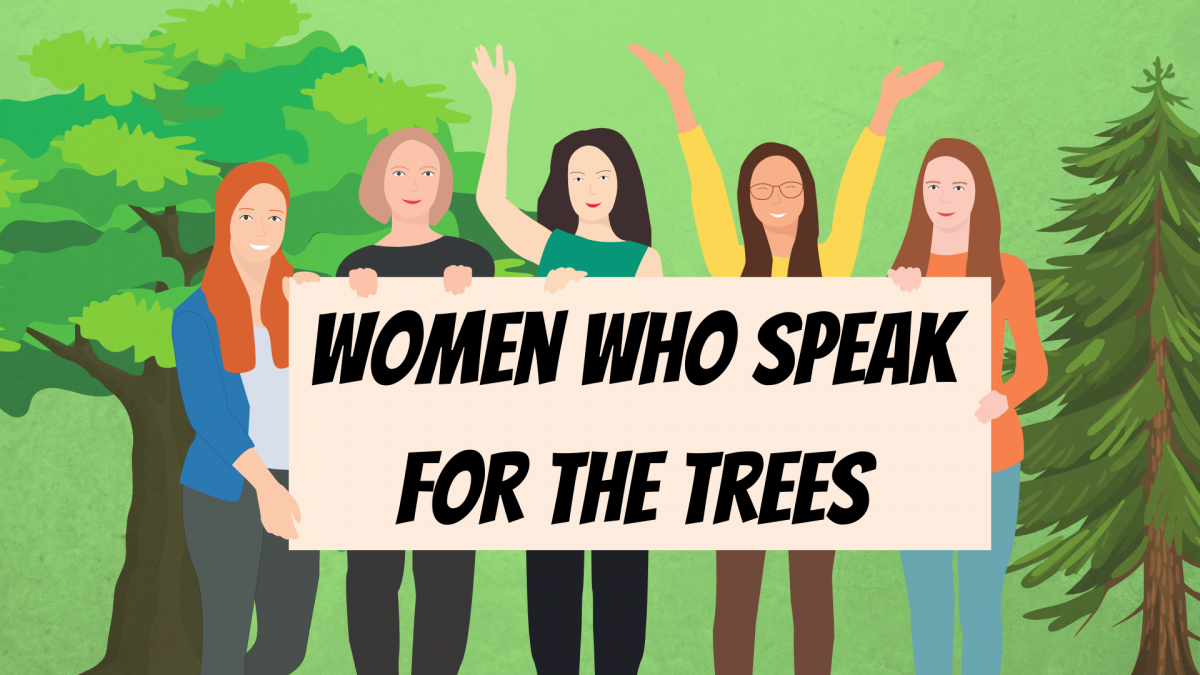
By: Kate Bolkin
Today is the last day of Women’s History Month, and as the chatter about the world’s most impressive and inspiring women has started to die down, we want to highlight some badass ladies that changed the fields of forestry, arboriculture, conservation, and environmental activism as we know it.
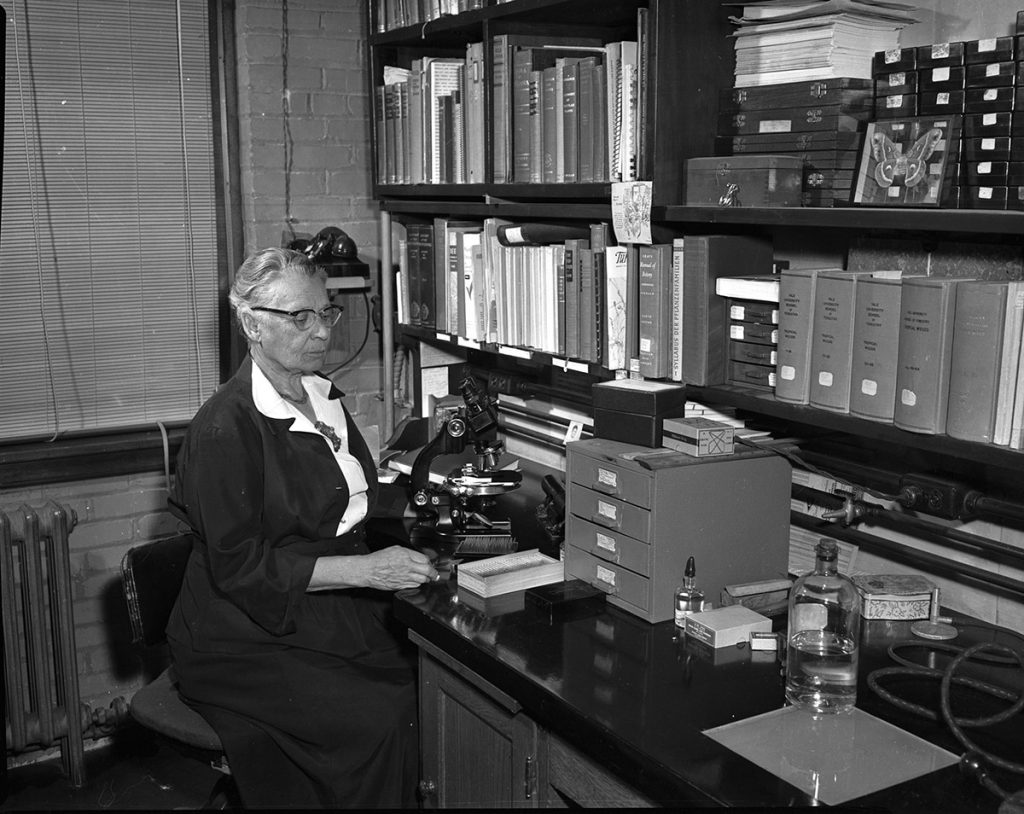
“[T]he Forest Service did not want a woman, but as it happened there wasn’t any man willing to come and do the work.” –Dr. Eloise Gerry
Dr. Eloise Gerry (1885-1970) was the first women to study the physiology, growth, and production of wood for the Forest Service. She spent countless hours examining wood specimens though a microscope, which lead her to become the first female specialist in forest products research in the United States. She developed groundbreaking methods to increase pine-resin yields that would one day be accredited to helping save the pine industry.
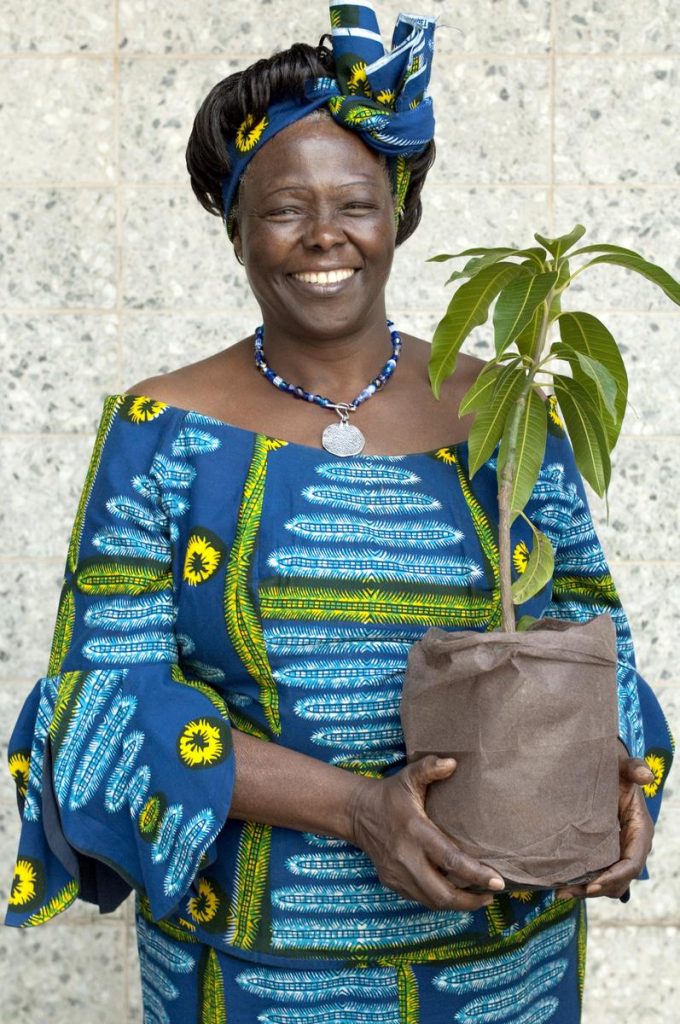
“When we plant trees, we plant the seeds of peace and hope.” – Wangari Maathai
Wangari Maathai (1940-2011) was a world famous social and environmental activist from Kenya. She founded an environmental NGO called the “Green Belt Movement” that is focused on planting trees, land conservation, and women’s rights. In 2004, she became the first African woman to win a Nobel Peace Prize for her reforestation efforts and political activism.
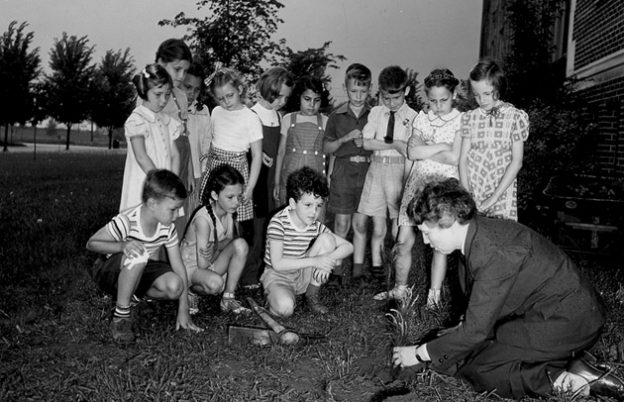
“We spend billions for bombs. Let us encourage the children to invest pennies for pines. Bombs explode, pines grow.” –Margaret March-Mount
Margaret March-Mount was an early pioneer introducing average folks into the world of trees. In 1913, she began working in public relations for the US Forestry Service and was given many nicknames like “woman ranger” and “woman forester,” but she chose “ambassador of trees.” One of her greatest accomplishments was her “pennies for pines” children’s program, where kids gathered pennies to plant pine trees in our nation’s forests. This project funded the planting of almost 6 million pine tree seedlings on 6,000 acres of land.
“They are afraid of us because we are not afraid of them.” -Berta Cáceres
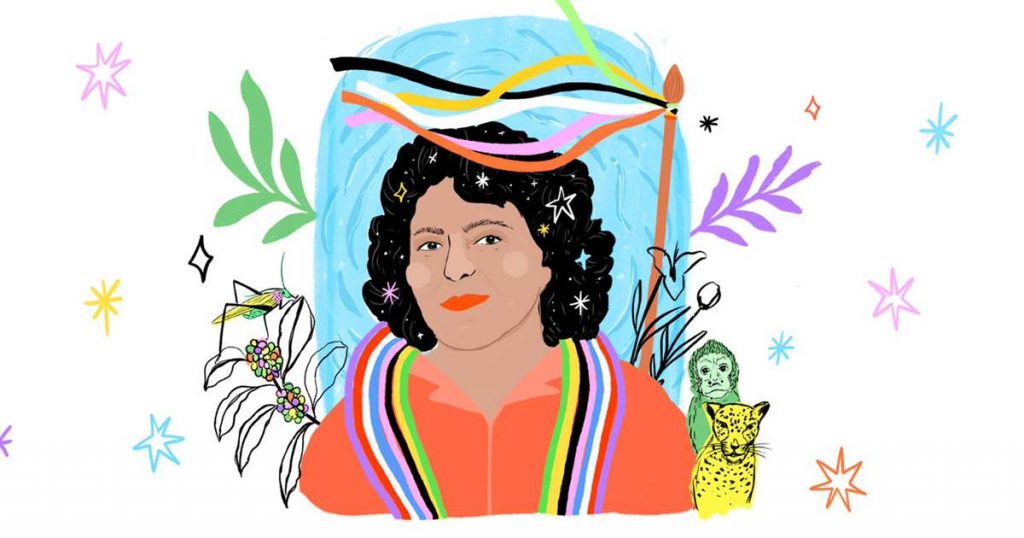
Berta Cáceres (1971-2016) passionately advocated for indigenous environmental justice in Honduras by fighting against illegal logging and mining in the rainforests. Her most notable accomplishment was halting the construction of a dam in the Gualcarque River that would have cut off water and food supply to indigenous villages. Cáceres also created the National Council of Popular and Indigenous Organizations of Honduras and won the Goldman Environmental Prize in 2015. She was tragically assassinated in her home in 2016.
Charlotte’s Local Legends
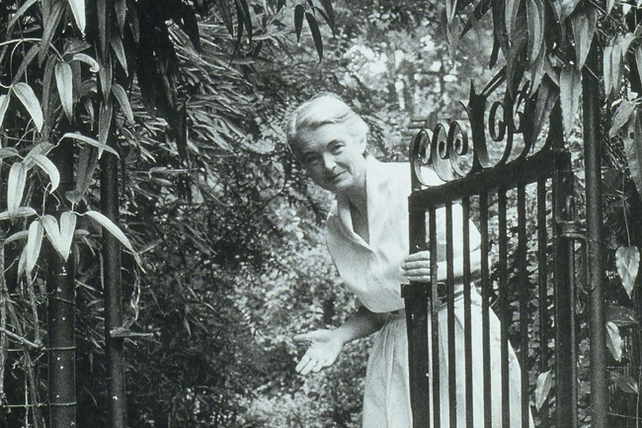
- Bonnie Cone (1907-2003) was a dedicated educator and first chancellor of UNC Charlotte. While developing UNCC, she worked with biology professor, Dr. Herbert Hechenbleikner, to create the Botanical Gardens. Cone believed that a university would not be complete without these gardens full of flowers and trees to educate the students and liven the campus.
- Elizabeth Lawrence (1904-1985) was a prominent botanical writer. She was the first woman in the South to graduate with a Landscape Architecture degree and created a “living laboratory” garden in Charlotte. She wrote hundreds of botanical publications, from books to manuscripts to columns. Her work puts her in the top 25 gardeners of all time.
- Laurie Reid Dukes is our new Charlotte city arborist and the first woman to hold this title. You may have seen her on one of our Ask the Arborist Zooms!
Today
What used to be a vastly male-dominated field has seen huge improvements over the past several decades. Even here at TreesCharlotte, 60% of our staff is female and 46% of our TreeMasters are female. But the world of tree care still has a way to go. In a 2019 study on women in arboriculture, 84% of the 515 participants reported experiencing workplace barriers related to their gender. Women’s History Month serves as a great reminder of how far we’ve come, but also the improvements that still need to happen. After all, forestry, conservation, and arboriculture is for everyone.
